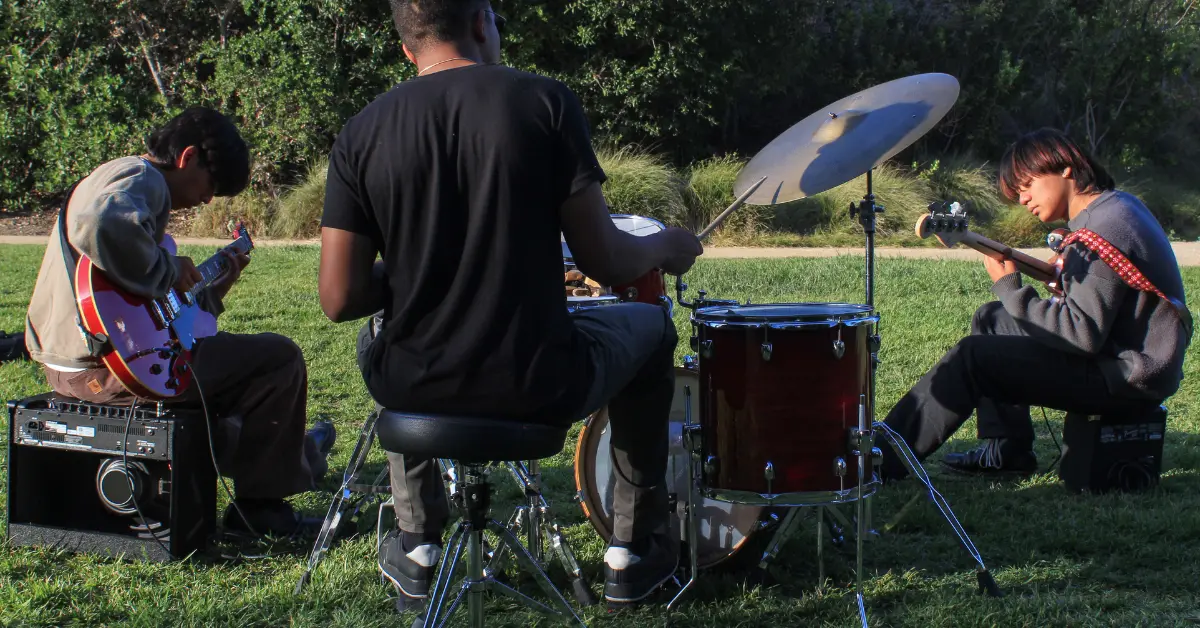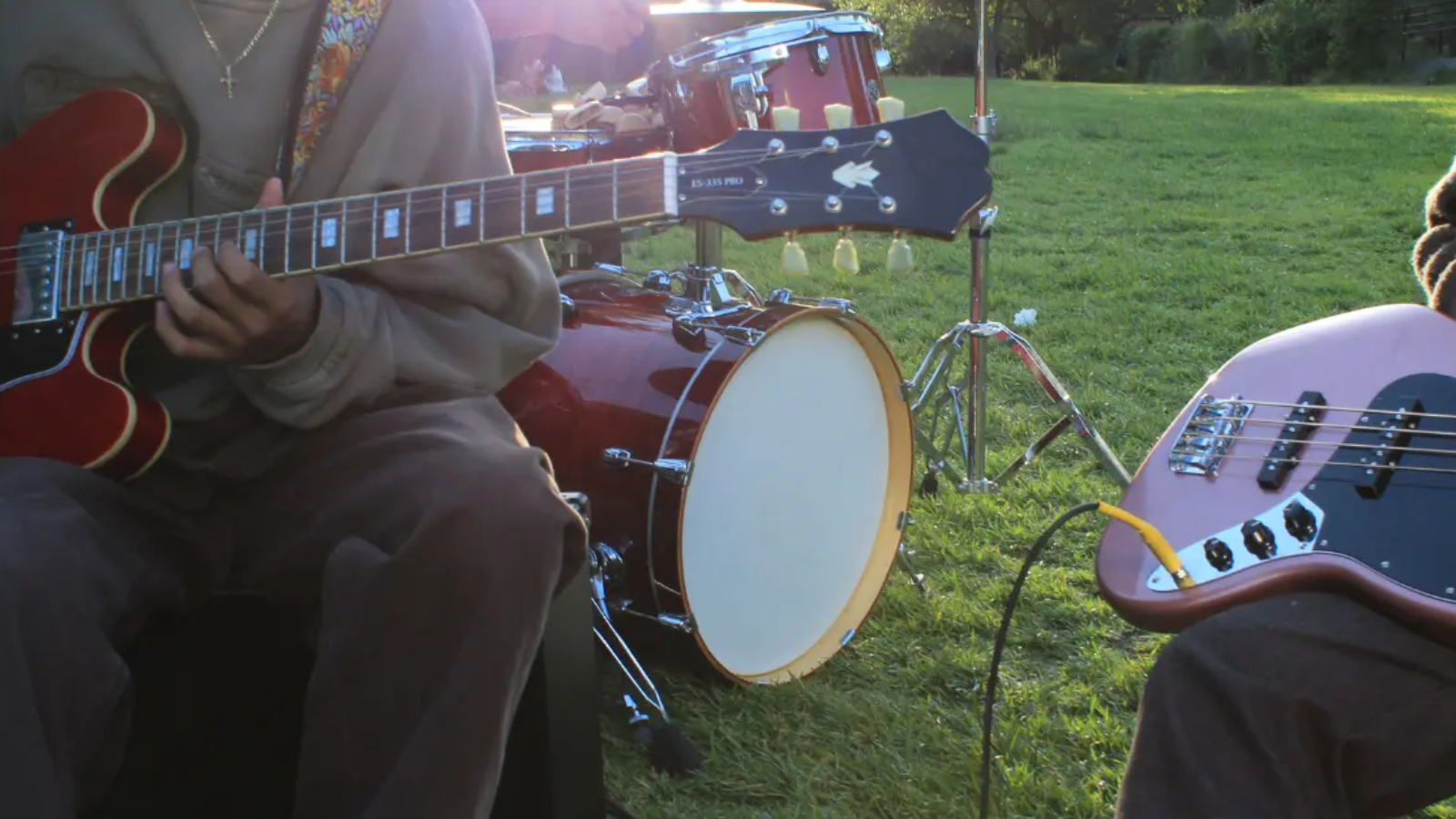How to Choose a Musical Instrument for a Teenager: Smart Tips Every Parent Should Know
Raising a teenager is a journey filled with growth, self-discovery, and rapid changes. Among the many decisions parents face during this stage, one of the most fulfilling and impactful is helping your teen explore music. If you’re wondering how to choose a musical instrument for a teenager, you’re already on the right path. Music is more than just a hobby—it’s a tool for emotional expression, cognitive development, and lifelong joy.

Choosing the right instrument, however, can be overwhelming. Should you go with a guitar, piano, drums, or something classical like the violin? What if your teen loses interest? What’s the best fit for their personality and lifestyle? This comprehensive guide answers those questions and more, helping parents make a confident and rewarding choice for their teenager’s musical future.
1. Start by Listening to Your Teen’s Interests
Before looking at price tags or music schools, take a step back and ask your teen what they want.
- Musical Taste Matters: A teen who loves pop may gravitate toward guitar or keyboard, while a fan of orchestral music might enjoy violin or cello.
- Involvement = Investment: When teens are involved in the decision-making, they are more likely to stay committed to learning the instrument.
- Open Discussions: Ask your child about their favorite artists, music genres, or instruments they’re curious about.
Encourage exploration and let them know this journey is about their passion, not perfection.
2. Understand Your Teen’s Personality Type
Every instrument has a unique energy. Matching an instrument to your teenager’s personality is a great way to ensure long-term enthusiasm.
- Introverted Teens: May enjoy solo instruments like piano, violin, or acoustic guitar.
- Social Teens: Might prefer band-friendly instruments like drums, electric guitar, or saxophone.
- Creative Explorers: Could be drawn to electronic music, synthesizers, or digital audio workstations.
Think of the instrument as an extension of your teen’s self-expression.
3. Evaluate Physical Factors and Comfort
Teenagers vary in size, strength, and coordination. The physical demands of some instruments should be considered.
- Hand Size: Guitars and pianos require finger flexibility; large hands may find cello or trombone more comfortable.
- Lung Capacity: Woodwind and brass instruments like trumpet or saxophone need good breath control.
- Posture and Strength: Drums, tuba, or upright bass require upper-body strength and stamina.
Ensure that the instrument doesn’t physically strain your teenager, especially during long practice sessions.
4. Try Before You Buy: The Importance of Trials
Before investing in a new instrument, let your teen explore options through music stores or trial classes.
- Rental Programs: Many music schools offer affordable monthly rentals for instruments.
- Workshops or Camps: These provide hands-on exposure and expert guidance.
- Instrument Sampler Classes: Some music academies allow students to try multiple instruments before choosing one.
Trying different instruments helps narrow down choices based on comfort and excitement.
5. Balance Passion with Practicality
While it’s great to follow passion, a little practicality can ensure the experience remains positive and sustainable.
- Budget: Some instruments like keyboards or ukuleles are budget-friendly, while others like saxophones and drum kits can be expensive.
- Noise Level: Consider the noise impact at home—electronic instruments with headphone options can be ideal for apartments.
- Space Requirements: Ensure you have enough space for larger instruments like drum sets or cellos.
Aligning musical excitement with everyday feasibility avoids frustration for both parents and teens.
6. Explore the Learning Curve of Each Instrument
Some instruments offer quicker gratification for beginners, while others demand more patience.
- Easy Starters: Ukulele, keyboard, and digital drums are relatively easy to learn and encourage early wins.
- Moderate: Guitar and violin require practice to master tone and tuning.
- Advanced: French horn, oboe, and classical piano need deeper dedication and may be more suited for highly motivated teens.
Choose an instrument that matches your teen’s learning style and willingness to practice.
7. Consider Group vs. Solo Opportunities
Will your teenager thrive better alone or in a team setting?
- Group Players: Instruments like trumpet, clarinet, or percussion offer chances to join school bands or ensembles.
- Soloists: Piano, voice, and acoustic guitar can be practiced and performed solo.
- Versatile Instruments: Guitar and keyboard can be played both in bands and solo settings.
If social interaction or stage performance is important, consider how group-friendly the instrument is.
8. Think About Long-Term Flexibility and Options
The right musical instrument can grow with your teen and even open up future career or hobby pathways.
- Transferable Skills: Learning piano helps with music theory that applies across many instruments.
- Genre Flexibility: Guitars and keyboards can adapt to various styles—rock, jazz, pop, classical.
- Future Goals: If your teen dreams of joining a band, studying music, or composing, choose instruments with wide applications.
A long-term perspective ensures the instrument remains useful as your teen’s interests evolve.
9. Look Into Availability of Teachers and Resources
An instrument is only as useful as the guidance available to learn it properly.
- Local Instructors: Check if certified or experienced teachers are available nearby.
- Online Learning: Instruments like guitar, keyboard, and drums have vast online tutorials and structured courses.
- School Support: Some instruments may be taught in your teen’s school band or orchestra program.
Ensure your teen will have consistent learning support to keep progressing.
10. Encourage Commitment without Pressure
Teens need to feel supported, not pressured, when starting something new.
- Set Realistic Expectations: Progress may be slow at first. Celebrate small wins.
- Regular Practice Routine: Encourage daily practice without turning it into a chore.
- Provide Encouragement: Attend performances, record videos, and show appreciation for their effort.
Create an environment where your teen feels music is a fun, rewarding part of their life.
11. Instruments That Work Well for Teenagers
Let’s look at some popular options that tick the boxes for teen learners:
- Guitar: Portable, versatile, and cool. Perfect for pop, rock, or acoustic expression.
- Keyboard/Piano: Great for learning music theory, solo playing, and long-term musical development.
- Violin: A classical favorite. Encourages discipline and offers orchestral and solo opportunities.
- Drums: Ideal for high-energy teens who like rhythm and movement.
- Flute/Clarinet: Lightweight and easy to start for school bands.
- Saxophone: Rich sound, very popular in jazz and school ensembles.
Match the instrument to your teen’s taste and lifestyle for the best outcome.
12. Mistakes to Avoid When Choosing an Instrument
Avoiding a few common pitfalls can save time, money, and stress.
- Choosing for Your Child: Don’t force your teen into the instrument you wish you had played.
- Buying Expensive Gear First: Start with an entry-level or rental instrument before upgrading.
- Ignoring Practice Environment: Make sure there’s a dedicated, quiet space for practice at home.
- Overcommitting Too Soon: Let the passion grow naturally before locking into exams or competitions.
A thoughtful approach prevents your teen from feeling overwhelmed or trapped.
CONCLUSION
Helping your teenager choose a musical instrument is one of the most rewarding steps you can take as a parent. It’s not just about sound or skill—it’s about building confidence, creativity, and a meaningful outlet for self-expression. The journey starts with listening to your teen’s interests, understanding their personality, and aligning it with practical factors like budget, space, and learning resources.
Remember, the right question isn’t just how to choose a musical instrument for a teenager, but rather how can we make music a joyful and lasting part of their life? With the right support and the right instrument, your teen won’t just be playing music—they’ll be growing through it.
So go ahead—tune in, explore, and let their musical story begin.
At NMS Musicals, we offer a comprehensive range of musical instruments, including percussion, string, wind, and keyboard instruments. Our services encompass sales, expert servicing, and the manufacture of leather instruments. Explore our diverse collection and find the perfect instrument to suit your musical needs.
Visit our website to browse our offerings: nmsmusicals.in
For a closer look at our products, check out our shop page: nmsmusicals.in/shop
Stay connected with us through our social media channels:
- Facebook: https://www.facebook.com/nmsmusicalinstruments/
- Instagram: https://www.instagram.com/nmsmusicals/?hl=en
- YouTube: youtube.com/@nmsmusicals
Our shop locations are:
- Puducherry: 149, Perumal Koil Street, Heritage Town, Puducherry, 605001.
Map Link: https://maps.app.goo.gl/ejDwBBFEJmd3szxk7 - Chennai: No: 1, 1st Floor, Kandigai Street, TVS Nagar, Korattur, Chennai – 600076.
Map Link: https://maps.app.goo.gl/7oXmB6X7KQsqeuuw9
For inquiries, contact/Whatsapp us at 9500663895 or email us at laxman.m89@gmail.com.
Discover the world of musical instruments with NMS Musicals today!
For a visual overview of our percussion instruments, watch the following video:


 Cart is empty
Cart is empty 
Leave A Comment
You must be logged in to post a comment